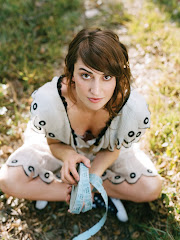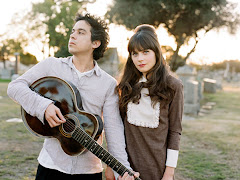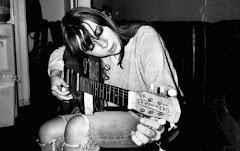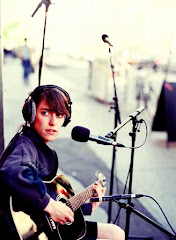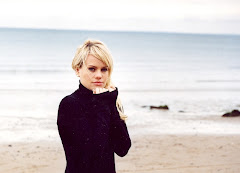Cat Stevens, or as he is known today- Yusuf Islam, is one of the most talented songwriters and musicians to come out of the 1960's. He is known for his folk and blues sound, of which has propelled him to the tops of music charts for decades. Although leaving the music business for quite some time, the hiadus has not haulted the admiration and devotion fans have for Yusuf and his poetic songs. Each and every lyric of Yusuf's songs are thought out and full of poetic devices and flowing imagery. Perhaps one of his most well known songs is "Peace Train". "Peace Train" contains a number of poetic devices that portray Yusuf's vast intelligence and highlights his ingenious song writing capabilities.
Yusuf Islam opens "Peace Train" with flowing imagery and begins the extended metaphor that engulfs the entire song. In the third stanza Yusuf uses personification, "Cause out on the edge of darkness, there rides a peace train". He continues this personification throughout the entire extended metephor that is "Peace Train". Yusuf writes, "Everyone jump upon the peace train". It is not physically possible for there to be a 'peace train'. The lyrics suggest that the 'peace train' is tangible and capable of being ridden. There is also imagery within the lyrics, "Get your bags together, go bring your good friends too/Cause its getting nearer, it soon will be with you". This song is full of symbolism, especially within the title. The title, "Peace Train", is a symbol for a movement of love and harmony that Yusuf is hoping will sweep across the country.
"Peace Train" is a song that beautifully highlights both Yusuf's writing capabilities but also his mastery of guitar. The pleasent flow and acoustic strumming aids in creating a folk song full of hope and feeling. Yusuf's harmonious vocals creates an overwhelming vibe of harmony and bliss. "Peace Train" is a song that perfectly depicts the ideals and dreams of the counter culture generation of the 1960's.
Peace Train
Now Ive been happy lately, thinking about the good things to come
And I believe it could be, something good has begun
Oh Ive been smiling lately, dreaming about the world as one
And I believe it could be, some day its going to come
Cause out on the edge of darkness, there rides a peace train
Oh peace train take this country, come take me home again
Now Ive been smiling lately, thinking about the good things to come
And I believe it could be, something good has begun
Oh peace train sounding louder
Glide on the peace train
Come on now peace train
Yes, peace train holy roller
Everyone jump upon the peace train
Come on now peace train
Get your bags together, go bring your good friends too
Cause its getting nearer, it soon will be with you
Now come and join the living, its not so far from you
And its getting nearer, soon it will all be true
Now Ive been crying lately, thinking about the world as it is
Why must we go on hating, why cant we live in bliss
Cause out on the edge of darkness, there rides a peace train
Oh peace train take this country, come take me home again








